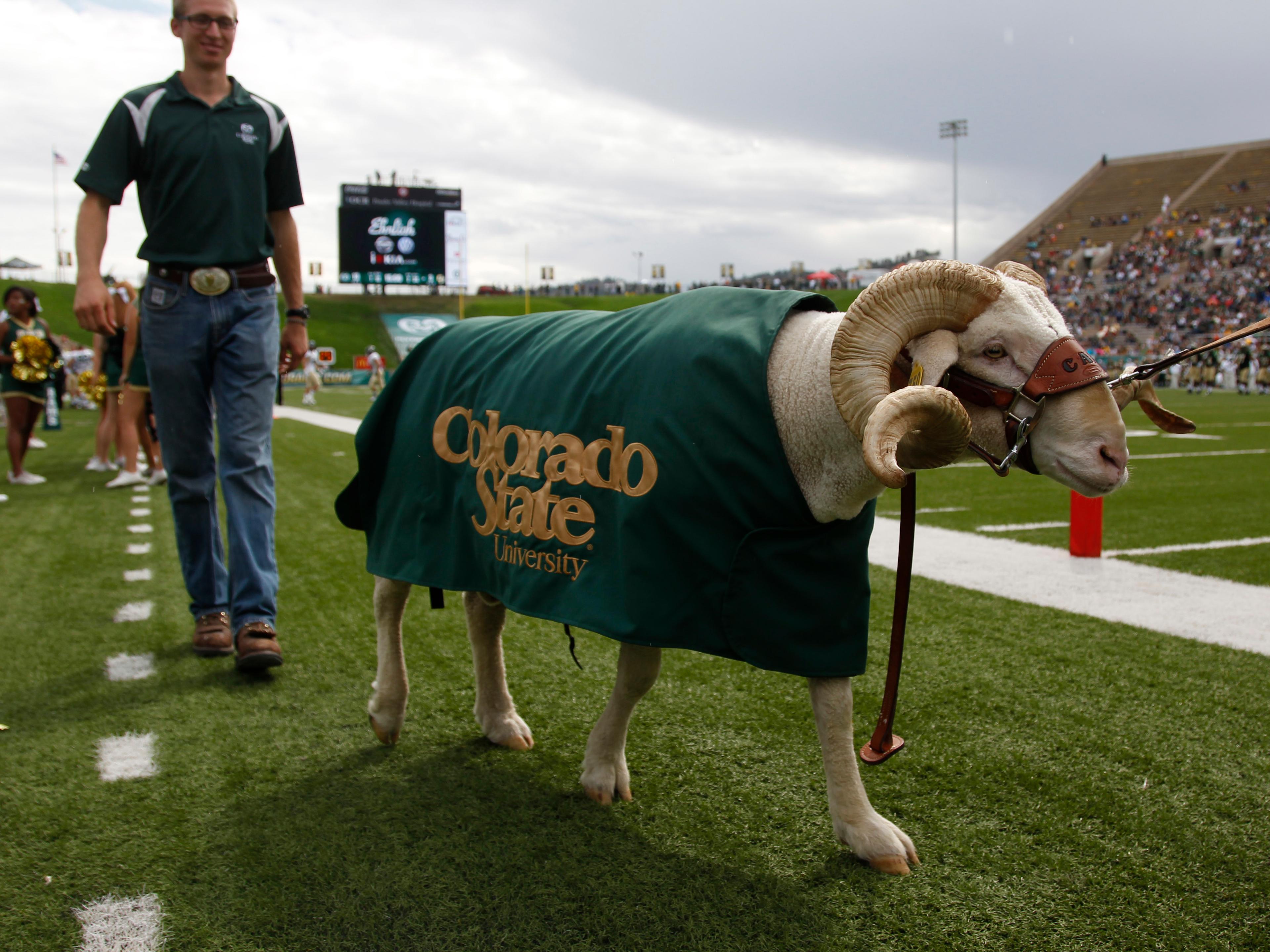
Colorado lawmakers are further opening the door for college athletes to make a profit. A bill that would allow sponsorship and more has unanimous support from the state Senate and easily passed a House committee today.
“What will change is a clear understanding that (student athletes) are not owned by these universities,” said state Rep. Leslie Herod, a Denver Democrat who is co-sponsoring the bill.
The proposal would guarantee that student athletes can earn money from their names, images and likenesses — imagine a D’Shawn Schwartz coffee mug, sponsored posts on Instagram or a sports camp featuring college athletes.
“I think everything’s going to be on the table,” said Zachary Segal, who created the company Student Player to crowdfund sponsorships for athletes.
Advocates argue that if universities are making millions, student athletes deserve a chance to profit too. The NCAA has long banned sponsorships and other profits for student athletes, but it appears to be buckling under pressure from state legislatures.
The association recently announced that it would allow student athletes to turn a profit, hoping to get ahead of lawmakers — but the sponsors of the bill in Colorado want to guarantee that happens.
“With your help, we can be one of the states working with the NCAA,” said state Rep. James Coleman, a sponsor along with state Sens. Rhonda Fields and Jeff Bridges, all Democrats.
The bill in Colorado has been uncontroversial, a fact that would have been surprising just a year ago. CU Boulder’s leaders are among its prominent supporters.
“There is an inequity currently within the system,” said Patrick O’Rourke, interim executive vice chancellor. Other students are free to profit from their name and likeness, he said, but athletes face special restrictions.
“This bill recognizes that that opportunity should be available to them, but it does so in a way that maintains the principles of amateurism,” O’Rourke added.
Schools would still not be allowed to pay the athletes on their teams.
California’s legislature changed the debate when it passed a similar bill in 2019. Within months, similar bills were planned in at least half the states. The NCAA has recognized the need to “evolve,” O’Rourke said.
The NCAA initially pushed back against California’s law last year, deeming it “unconstitutional.” But after it passed, the NCAA’s board of governors voted to eventually allow athletes to make money from their names, images and likenesses. It’s unclear how fast that will happen.
The Colorado bill would allow college sponsorships to begin in Colorado in 2023, whether or not the NCAA has acted, Coleman said — but he hopes it doesn't come to that.
“As we can all imagine, 50 sets of rules governing college athletics is not manageable,” Coleman said.
The bill has bipartisan support, including from Republicans who say people should have a right to make some money. The House Education committee approved the measure 11-2.
Republican state Rep. Jim Wilson said that the legislature should stay out of college sports.
“I do not want to change student-athletes into professional athletes who are students,” he said
Supporters countered that coaches would still keep teams cohesive and ensure that money doesn’t drive players apart.
The bill needs approval by the full House and the governor’s signature.








